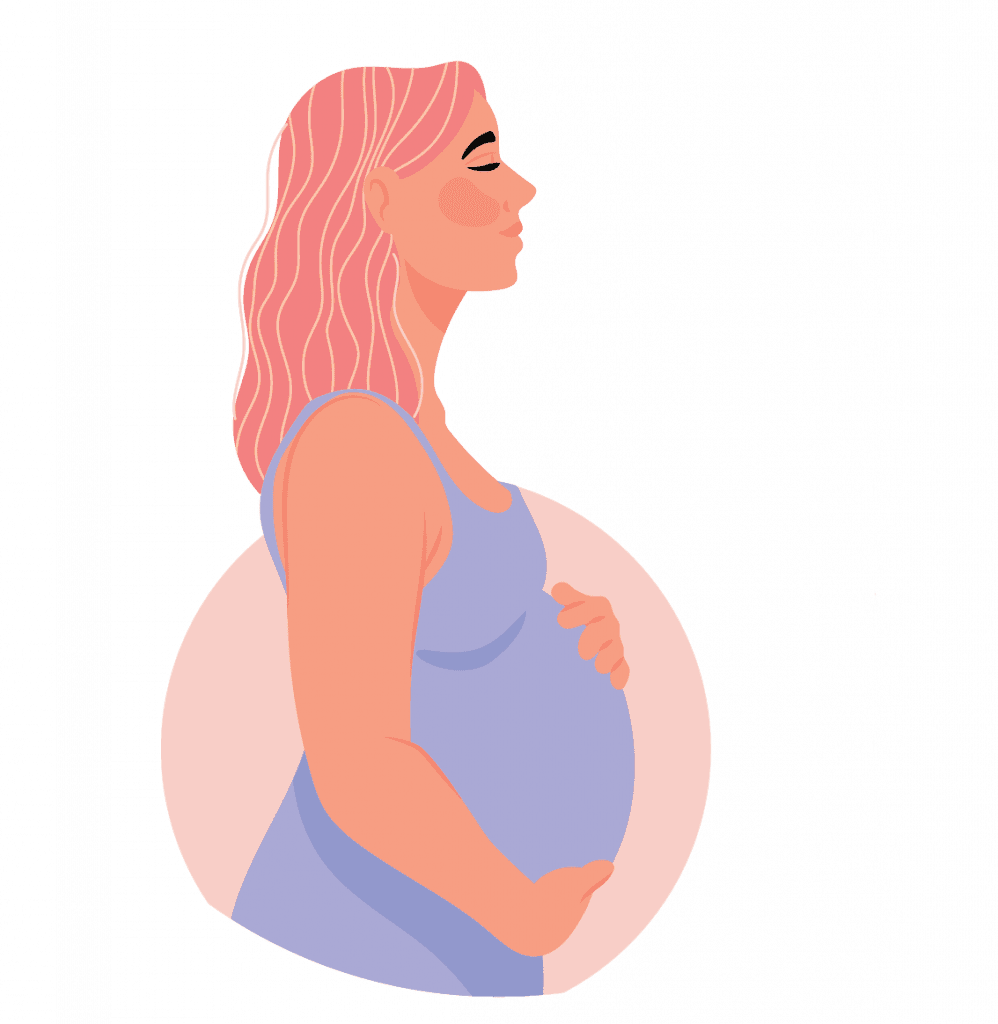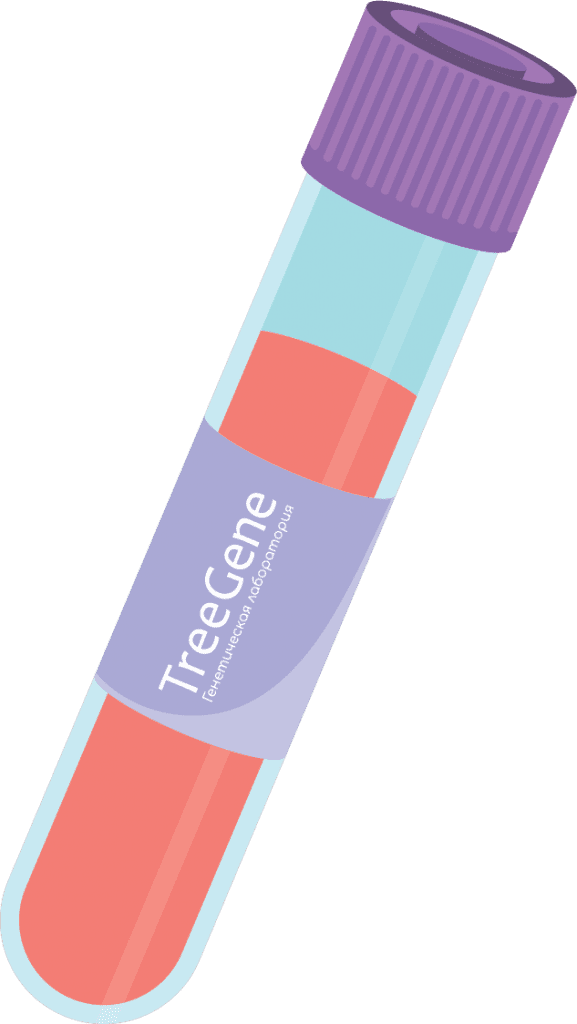Genetic testing of aborted material for aneuploidies, the NGS method analyzes fetal tissue after a miscarriage, and determines whether the pregnancy was lost due to numerical chromosomal abnormalities (aneuploidies).

If you have experienced pregnancy loss, this information will be helpful to you.
Many women, unfortunately, are familiar with this problem.
About 1 in 5 pregnancies ends in a developmental arrest, spontaneous miscarriage, or stillbirth.
50%
OF ALL PREGNANCY LOSSES
are associated with chromosomal abnormalities in the embryo.
Most often such disorders occur by chance and do not recur in subsequent pregnancies.
-Why did this happen?
-What should I do to prevent this from happening again?

GENETIC TESTING analyzes fetal tissue after a miscarriage and determines whether the pregnancy was lost due to numerical chromosomal abnormalities (aneuploidy).
Understanding the cause of pregnancy loss helps you assess the risks of relapse and determine how to prepare for your next pregnancy.
WHO IS RECOMMENDED FOR THE STUDY

The study is recommended for all couples who have had a miscarriage
GENETIC TESTING IS ESPECIALLY NECESSARY
- in recurrent miscarriages and frozen pregnancies
- for those undergoing treatment with assisted reproductive technology
- couples who have been treated for idiopathic infertility for a long time
WHY THE NGS METHOD?

- The NGS method allows simultaneous analysis of numerical changes in all chromosomes
- NGS has a higher resolution than karyotype
- >99% diagnostic accuracy
- Fast turnaround time
WHAT'S THE RESULT?

The RESULT of genetic testing will help patients:
- Find the cause of pregnancy loss
- to understand whether it was a random event, or if a more detailed examination of the couple is needed
- in some cases, avoiding the birth of a child with a severe genetic abnormality
- Develop a strategy for successful conception and carrying a pregnancy
IF THE RESULT IS POSITIVE, WHAT NEXT?

If genetic causes of pregnancy failure are identified, the following actions are recommended:
- Genetic counseling
- Conducting appropriate couple diagnostics
- Preimplantation diagnosis
HOW TO TAKE THE STUDY?
In order to undergo this test, you need to submit a sample of abortion material to the TreeGene laboratory. If you have any questions, please contact our call center +77022291133.
SAMPLE REQUIREMENT

- Do not freeze the finished biomaterial !
- Clean biomaterial can be stored at 4ºC in a solution of physiological salt until dispatch, but no more than 4 days.
- For a better and more reliable result, it is recommended that a simultaneous genetic blood test for chromosomal aneuploidies also be performed on the child's mother. Maternal blood sampling should be performed in an EDTA (lilac cap) tube.
RECOMMENDATIONS FOR TAKING A SAMPLE
FOR PROFESSIONALS

1. Prepare a tissue sample of at least 3x3 mm in size.
2. Depending on the age at which the pregnancy was terminated, biomaterial sampling from fetal chorion or skin fragments is recommended.
- In a clean sample, decidua appears pink, dense, and "leaf-like." When rinsed, the tufts tend to float and have a whiter, "featherier" appearance compared to decidua.
- A smaller, cleaner, sterile piece of tissue is more important for qualitative analysis than a larger piece of biological material mixed with blood
3. Remove all large clots from the sample
-
- To wash the biomaterial use sterile physiological tissue washing solution (saline).
4. Place the fetal remains in a sterile universal container.
5. Provide a container for the test tubes.
6. Label the biomaterial container (name).
7. Send the sample immediately to the Tree Gene laboratory
